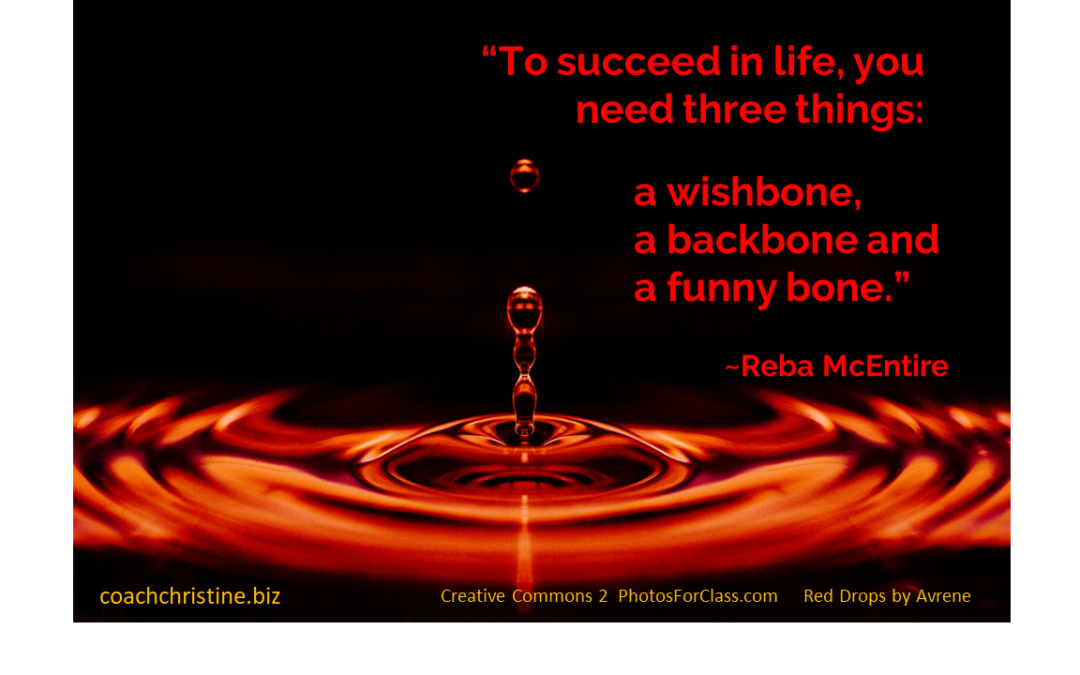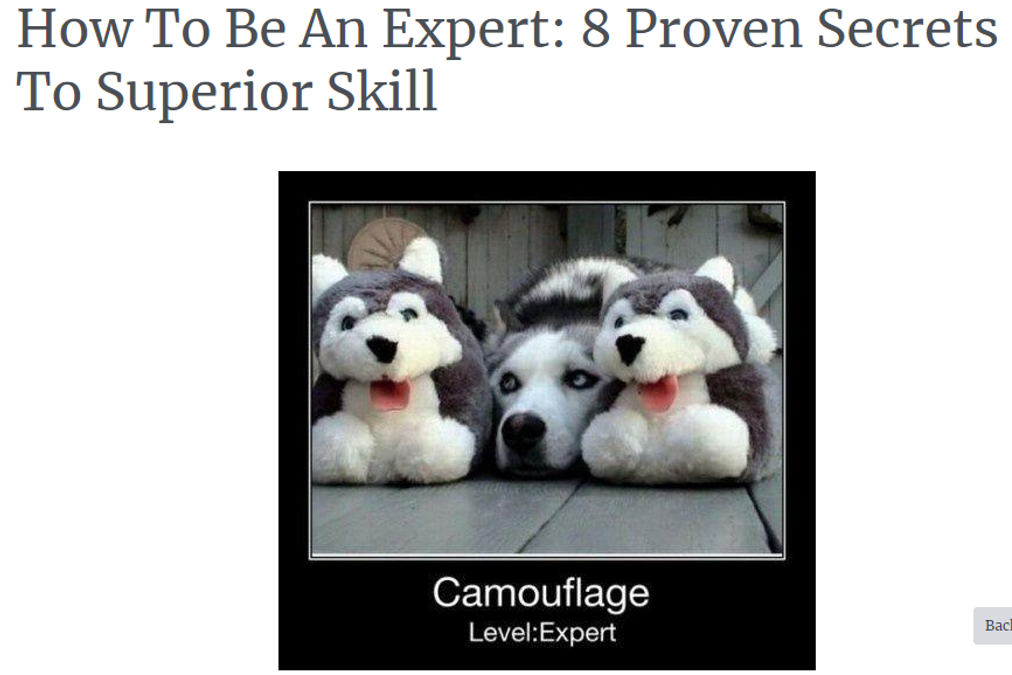![8 Ways to Bust Obstacles and Build Your Strengths [FORBES]](https://coachchristine.biz/wp-content/uploads/2017/12/image-for-8-ways-to-bust-obstacles.jpg)
Originally published through Forbes Coaches Council.
Imagine overcoming obstacles
knocking down barriers and leading valuable
timely conversations that are a win-win for all
Winning-ways and rich relationships that are robust and productive come from clear communication. What do we need to do and who do we need to be to become master communicators and have strong relationships?
We tend to first look at others’ behaviors and attitudes, but it is the skillful leader who first turns the lens within, discovering soft spots and ways to build and grow themselves. Becoming a leader whom others want to follow (like potential clients, colleagues or teams) is about understanding the needs and wants of others while meeting your needs and expectations.
Our first order of business is understanding our mindset and attitudes and the impact they have on our personal and professional lives. If you’re in a leadership position in business, or you’re a community builder or an entrepreneur, you too will find these grit- and grin-building tools valuable.
Compass Points
Your mindset is your belief of the world, how you perceive the world and how you fit into the world. It shapes your thoughts, forming beliefs, attitudes and behaviors that create your actions.
Psychologist Carol Dweck of Stanford University wrote about two mindsets . A fixed mindset is rigid in belief and action and believes that basic characteristics, like intelligence, are a measure of success or failure. There is a continual push to prove oneself, as failure is seen as a negative. On the other hand, the growth mindset is flexible, believes in hard work, seeks to excel and doesn’t avoid failure, using it instead to improve.
Obstacles and Opportunities:
Here are important questions to ask to help understand your obstacles and grow your opportunities:
- Which is your operating mindset?
- How does it serve you?
- What’s needed or possible to change or improve?
Your mindset is one of the points on your compass, but not the only one. A positive mindset leads to resilient, gritty behavior. Resilience works in tandem with a flexible mindset, where obstacles are course-corrections rather than roadblocks.
Attitudes and Impact:
Your attitude carries a lot of weight too. Preston Ni of Psychology Today talks about different negative attitudes and their impact on personal and professional life. Here are eight warning signs of harmful attitudes and how to bust obstacles and build your strengths:
- Negative self-talk: “I’ll never make quota.” “I just know I’m going to fail.” “No one is interested in my opinion.” Every time we send ourselves a negative message, we undermine our confidence and even self-sabotage our success. Pay attention to the messages you give yourself — find your grit and grin beyond negativity.
- Negative assumptions: Sometimes things go wrong. Traffic jams develop, spills happen, phone batteries die. None of these are inherently positive or negative but our response to them can be. Your choice of response can make you happier or more stressed and luckily your response is completely in your control.
- Negative comparisons: There will always be someone with a bigger car, a higher salary, a shinier watch or a bigger boat. If you constantly measure yourself against others, you will end up stressed, dissatisfied and depressed. Focus on your accomplishments!
- Negative ruminations about the past: We all have moments that we wish we could rewind and do over. If you botched a big presentation, instead of replaying it on a constant loop, learn from it and move on. Focusing on past failure prevents you from seeing new possibilities. Be resilient, own the past and keep moving forward.
- Dealing with difficult people: Some people are jerks, bullies or have made passive-aggressive behavior an art form. They intimidate, threaten, manipulate facts and situations and often take advantage of others. What’s the point in fighting them, right? They always win. Except, they don’t. Instead of reacting and feeling like a victim, you can learn to use strategies and techniques to counter their behaviour and stay in control.
- Blaming: We all know people who deflect responsibility to anyone but themselves. They are late for a meeting because the guy in the car in front of them was driving too slow, not because they didn’t allow extra time for delays. It’s often easier to blame someone else than to take ownership and accountability, but it leads to bitterness and resentment. Take ownership of your choices and actions.
- Neglecting to forgive yourself: Mistakes happen. Learning to forgive yourself for past mistakes can be difficult. As Ni says, “There may be an accompanying sense of self-blame at the blunders made, damage done or opportunities missed. You might think of yourself as a ‘bad’ or ‘flawed’ person and wallow in guilt. During these moments, it’s extremely important to be compassionate with yourself, knowing that now that you’re more aware, you have a chance to avoid repeating past mistakes, and to make a positive difference with yourself and others.”
- Fear of failure and making mistakes: Taking a risk and stepping out of your comfort zone can lead to great new opportunities or spectacular failure. The fear of making a mistake and failing is often tied to perfectionism. Setting high standards can be motivating and, with a flexible mindset, mistakes are opportunities to learn and course-correct. The fear of failure can be debilitating or motivating. What would you do if you weren’t afraid?
Being a leader whom others want to follow takes personal grit and strength
Though it may sound challenging, it’s very doable. Our greatest strengths are being resilient, having a growth mindset and a positive, can-do winning attitude. Take time to discover your soft spots and grow them. And remember to celebrate your strengths and Winning-ways. Let’s keep you on track for more success and a bigger life.
Christine coaches with ROI top-of-mind. Many companies who leverage her coaching produce quick and long-lasting results transforming people, processes and culture, impacting their bottom line.
Her time with clients generates powerful results in:
- Business and Personal Development
- Communication and Relationships
- Sales and Sales Leadership
Watching and learning at the feet of titans of Canada’s Wall Street and other business leaders, Coach Christine was influenced by their success and built a corporate career and coaching business founded on these business practices.
She is an award-winning business woman and contributor to Forbes publications; is an accredited coach with the ICF; a practitioner of Conscious Business practices; is certified by the IMPACT: Coaching with ROI program; holds her First and Second Degree Reiki and has studied Aboriginal healing for over 20 years. Christine loves the adventure of travel and has a knock-out collection of snazzy women’s shoes.
If you want more contact Coach Christine Culbertson today and discover your potential.
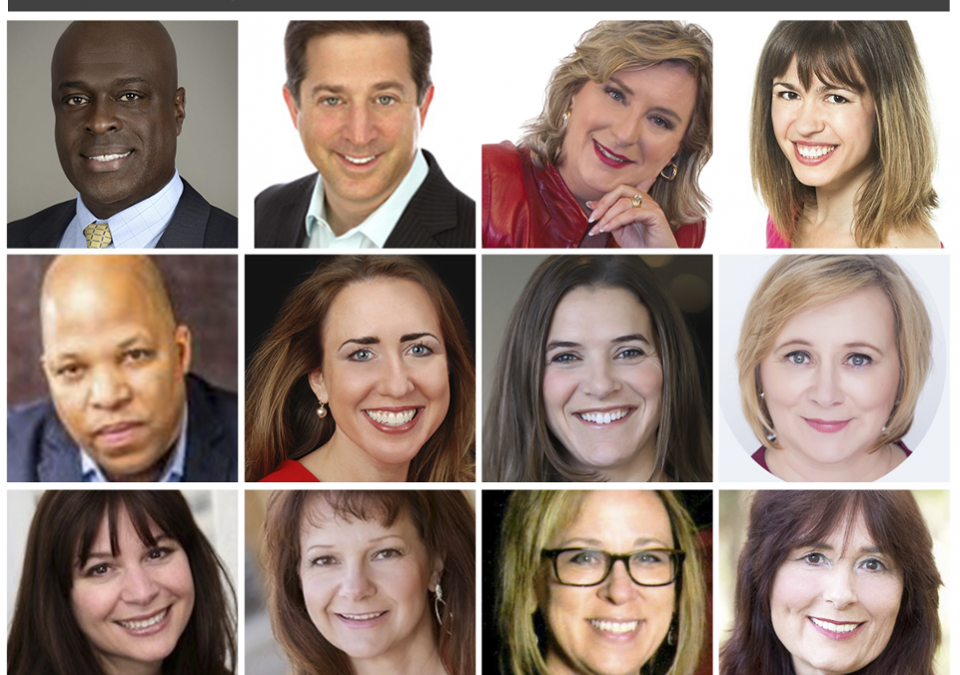
For every job candidate, interviewing can be the most daunting part of the job search process. There are endless questions about your skills and experience, as well as a myriad of “what if” scenarios that you have to answer to. This can make even the most confident of candidates break out in a sweat.
According to a report by Monster , practicing interviewing with a friend or family member can take some of the pressure off and help you prepare for the big day. It is recommended that you videotape yourself during these practice runs to check your body language and make sure you respond in a concise manner as it can help you hone your technique for the real thing.
, practicing interviewing with a friend or family member can take some of the pressure off and help you prepare for the big day. It is recommended that you videotape yourself during these practice runs to check your body language and make sure you respond in a concise manner as it can help you hone your technique for the real thing.
Below, 12 coaching experts with Forbes Coaches Council share their tips for conducting a practice job interview to help you prepare.
share their tips for conducting a practice job interview to help you prepare.
1. Record Yourself
After doing your research come up with a few anticipated questions, and actually record yourself on video answering them. In this day and age, there are so many technologies that make it easy to do. There is a lot you can learn from watching yourself. – Donald Hatter , Donald Hatter Inc.
, Donald Hatter Inc.
2. Practice With Similar Role Interviewer
To practice for a real interview, find people to interview you who are in similar roles to those who would be hiring you in the first place. For instance, if I am going to interview for marketing positions in healthcare, then I may ask a friend of mine who is a vice president of marketing in a different industry to interview me in a mock interview. They have similar insight and their feedback will be on point. – Brad Federman , F&H Solutions Group
, F&H Solutions Group
3. Manage Your Monkey Mind
The greatest tool you have is your mind. You’ll be nervous, so build your confidence and manage the monkey. Know the No. 1 knock-out, must-have skill and how to align your expertise. Ask your partner to be relentless and go over your answer many, many times. When you want to fire them you’re on the right track. Your goal is to confidently prove your value with facts and data through story. – Christine J. Culbertson (Boyle) , Fusion Enterprises
, Fusion Enterprises
4. Be In The Moment And Listen
Job interviews are easy when you break them down to core elements: You are listening to someone ask you questions, you are answering the questions, and you are presenting the best version of yourself to your audience. During a practice interview, work on being present and listening — this will allow you to focus on the interviewer and answer their questions in a specific manner. – Jennifer Oleniczak Brown , The Engaging Educator
, The Engaging Educator
5. Practice Being A STAR
In today’s interview landscape hiring influencers use a variety of interview styles and techniques. One of the more common styles is behavioral-based interviewing. This approach requires the candidate to share stories of situations where past actions may be a great indicator of future performance. The way to navigate this is to utilize the STAR technique (situation, task, action, result). – Kenneth Johnson , East Coast Executives
, East Coast Executives
6. Use Story Genres
Stories communicate best. If you prepare five to 10 very strong job-focused stories about yourself, this effort will help you answer most interview questions. Learn to move beyond the traditional STAR method into the use of story genres — you’ll engage, persuade and sparkle by framing your answer in a genre. Practice how to tell your stories with poise and passion in front of peers who know you best. – Joanne Markow , GreenMason
, GreenMason
7. Acknowledge The Elephant In The Room
Focus interview prep on the moment you fear most. Is there a particular question you are dreading? Are you unclear as to how to respond to a past failure? Note your top concerns and spend time with a trusted advisor reviewing and refining responses to those items. Removing the fear and anxiety of what could go wrong will allow you to focus on all the “right” moments. – Kris McGuigan , Professional Courage
, Professional Courage
8. Learn How To Brag A Bit
I hear most often candidates feel like they are bragging. The essence of the interview is to find out about you; if you can’t sell me as to why you have the qualifications and are a fit, why would I hire you? Practice recording your answers. It sounds silly but if you can speak with confidence and hear yourself, you’ll soon sound like a hire and get past your humility. Brag a bit. Just this once. – Kari Price , The Art of Being a BOSS
, The Art of Being a BOSS
9. Don’t Get Tricked By Trick Questions
“What is your greatest weakness?” “Tell me about a time when you failed.” Interviewers ask these questions because they want to know how you overcame challenges. And, here’s the formula. Practice answering by first thinking of a real, past example and briefly explaining it. Second, describe how you’ve taken steps to overcome it or solve it. Finally, discuss how you’ll apply that learning to the role. – Loren Margolis , Training & Leadership Success LLC
, Training & Leadership Success LLC
10. Ask Your Interviewer To Throw Curveballs Your Way
You’ll need to both create CAR (challenge-action-result) success stories and hone your ability to reference them under stressful conditions. Spend time assessing your strengths, then write talking points on each story and what it represents. Next, ask a mentor or coach to ask tough interview questions (not the ones you’re expecting!) to practice pulling in a related CAR story on the fly. – Laura Smith-Proulx , An Expert Resume
, An Expert Resume
11. Turn The Negative Into A Positive
Record and critique yourself for verbal and nonverbal negativity. Avoid saying things like, “You can’t increase profits, if you can’t do X, Y, and Z,” and replace them with positives like, “I increase profits by doing X, Y and Z.” Sit up and look the interviewer in the eye. Smile and show enthusiasm. Positivity is always well-received. – Lucie Yeomans , YourCareerAlly.com/Sick Resumes
, YourCareerAlly.com/Sick Resumes
12. Know The Job Description
When practising for the big job interview, it’s important to know the job description and create appropriate answers to match the job description requirements. By practising, you will be confident and also knowledgeable about the job you want. Second, be sure to study the company and its culture. The more prepared you are, the better. Relax. – Tamara Patzer , Total Audience Market Immersion TAMI LLC
, Total Audience Market Immersion TAMI LLC
If you found this valuable please share this article with friends and colleagues.
FORBES.COM: https://www.forbes.com/sites/forbescoachescouncil/2017/10/27/getting-ready-for-a-big-job-interview-here-are-12-ways-to-prepare/#798ffd3f5664
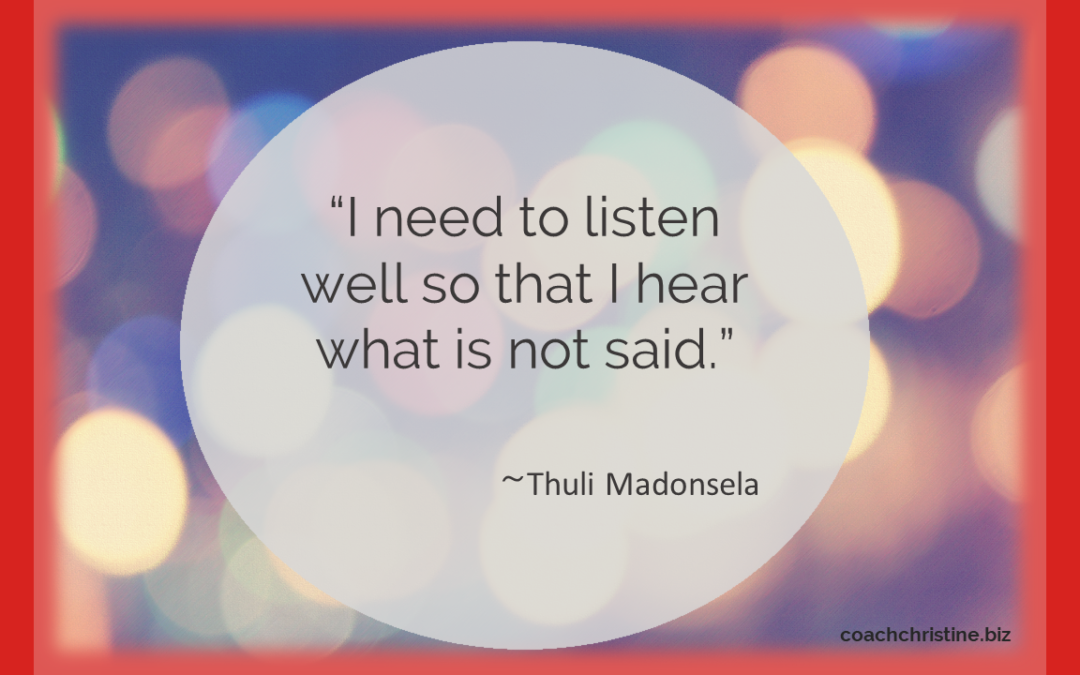
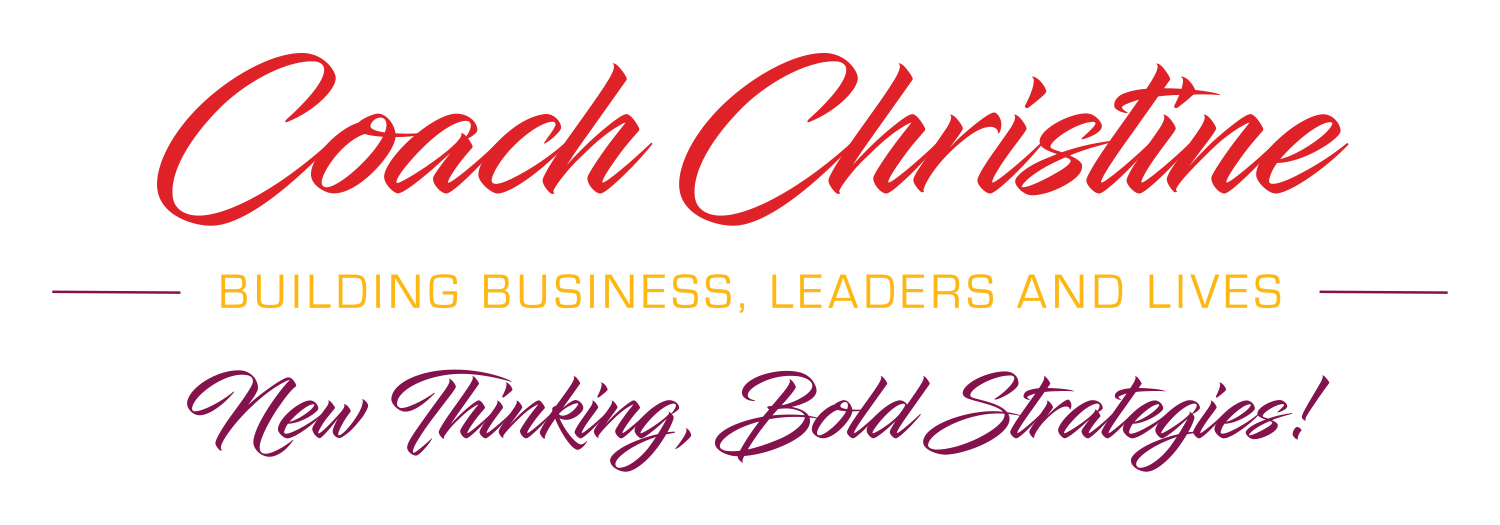
![8 Ways to Bust Obstacles and Build Your Strengths [FORBES]](https://coachchristine.biz/wp-content/uploads/2017/12/image-for-8-ways-to-bust-obstacles.jpg)

